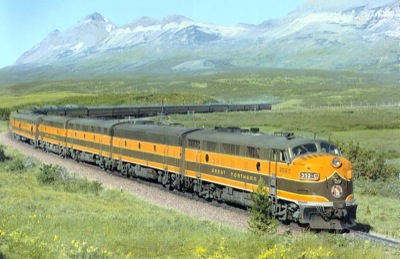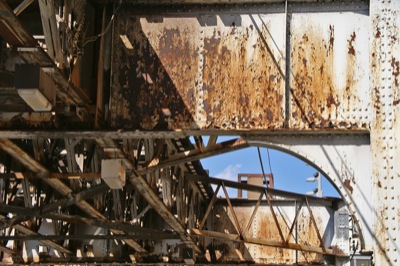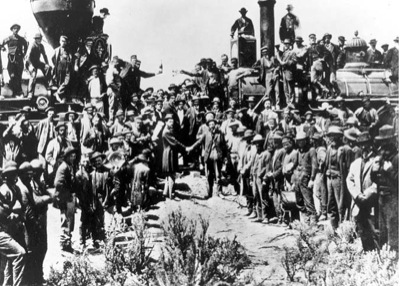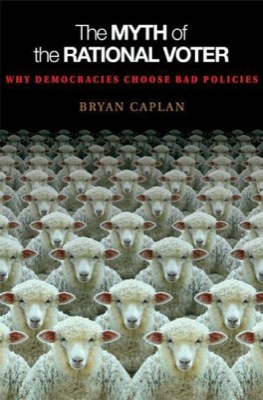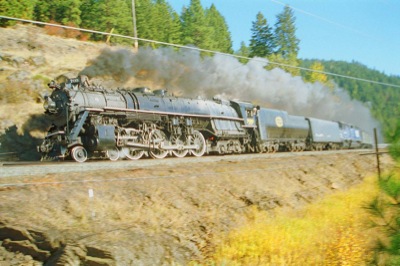Tea party supporters do not agree on a lot of issues, but are firm on two things: cutting government spending and protecting property rights. What do the election results mean for the future of land-use and transportation planning?
On one hand, many of the results look promising for supporters of property rights and efficient (user-fee-driven) transportation policies.
- Wisconsin rail skeptic Scott Walker, who promised to cancel the state’s moderate-speed rail project, soundly trounced the pro-rail incumbent governor.
- Ohio elected fiscal conservative John Kasich, who is also a rail skeptic, as governor, probably dooming that state’s moderate-speed rail plans.
- Florida appears to have elected fiscal conservative Rick Scott as governor. He will probably take a hard look at that state’s high-speed rail programs.
Continue reading

